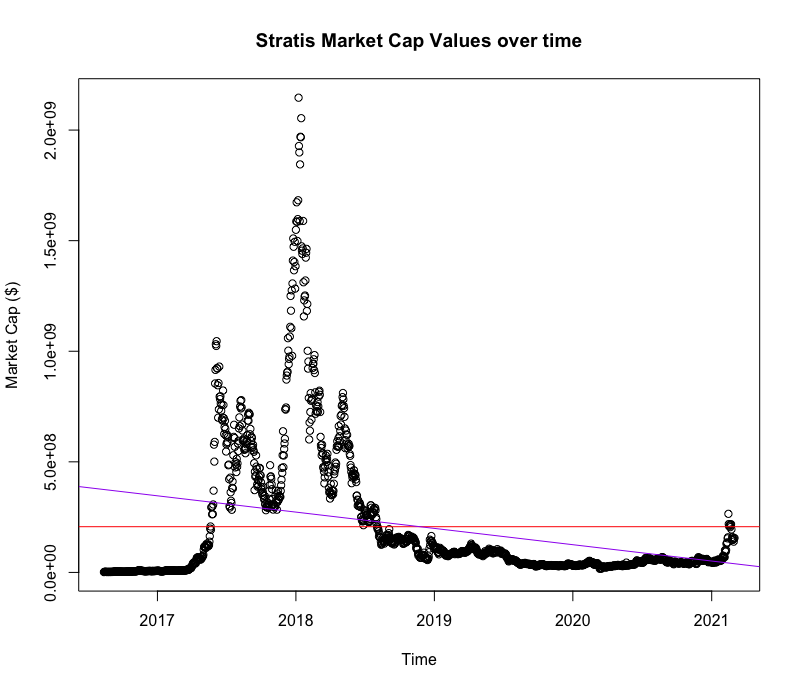MERCH CV // EMAIL (Opens in Client)
Scientific Portfolio
Visionary Band Of Musicians
Science Projects
Created within my masters study or with a musical-scientific focus
PURE DATA SEQUENCERS WITH MACHINE LEARNING EXTENSION
I worked with these researchers at McGill University to create a sequencer that machine learns. Instead of using Max MSP as their example, I made a freeware version that explains each step to the beginner user. This was a tweak to a version for Pure Data created by the FluCoMa researchers that includes my own three-channel drum-synth.
I presented this practice as part of research I completed in a seminar on AI. You can download my final project about chance, it focuses the work of George Lewis and AI's potential to improve music, society and the art of improvization.



IMAGE RECOGNITION PROJECT
With a team of researchers at McGill University, I earned my first academic credit as a scientist in co-authoring a survey considering consent and patient medical imagery. Using linux programming, we created a search-and-sort information-retrieval system that tracked and documented instances of patient medical imagery on Google Images. I was responsible for training the model, data collection, and creating a digestion as follows:
Automated search tool steps of process :
583 images are extracted from .pdf copies of medical journals featuring patient photography. The data is collected through an algorithmic process.
As researchers we are interested in photographic images only. A filter is then created that limits images by color and size (50 distinct colors, 100 pixel width (2.645cms)). Dynamic images are retrieved and non-pertinent images such as logos and diagrams are excluded. This sample is representative of a specific scale and grade of image and is limited in pixel width with a goal to find accurate matches of patient photography.
A resulting “set” (collection) of images is compiled and is designated as Set A for future comparisons.
A Google searching process is created by default by the same algorithm and repeated by hand, improving the accuracy of the search by including quotations around the search key which in this case is the selected Journal article title and author.
A collection of images is created by referencing Set A with the results provided by the returned results from searching Journal article title and author. These collected results are referred to as Set B.
A cross comparison of Sets A and B reveal the occurrence and reoccurrence of patient photographic imagery posted to the public domain (Google Images Result). This comparison is achieved through the creation of folders that contain automatically abstracted images matching our test samples (visual and by text entry).
The algorithm is extremely precise. The results are manually checked by researchers to ensure quality and correctness of the matches. Image and page URL are also extracted to Set B.
The result of this search are foldered content including copies of the found matching imagery, the query used to find it and the probability of the match.
Insert:
Formulae describing process:
For each image A in A, find the best
The emphasis here was on creating a description of our process for the non-scientific reader.
DATA VISUALIZATIONS
I created visualisations in R to track trends in cryptocurrency markets during the pandemic here.



PYTHON RECOMMENDER
I created a script in Python to place housing with a prioritization scheme that favored Queer and Indigenous students.
You can check out the code on github here.
UX DESIGN PROTOTYPING EXERCISE "SAAVY SPOT"
I designed a geolocational mobile web application that encourages small business
and socialization opportunities for the GENERATION Z.
I used Figma to create an interface and animated toasts, and hand-drew storyboard and videoprototyping supplies.
If interested, you can read my team's pitch including a competitive analysis and survey results here.
672! AND EXPERIMENTAL MUSIC
In autumn of 2012, I implemented a workspace and gallery for independent art with an emphasis on community engagement and experimental music.
You can read more about the project here.

Television display of 672 Sargent Main Gallery Space, Winnipeg, Manitoba, 2013
I contribute radio work to CKUT 90.3 in collective with volunteers and the wider Montreal community.
I currently sit as Secretary on our Board of Directors.
I feature artists of all genres, and like to connect.